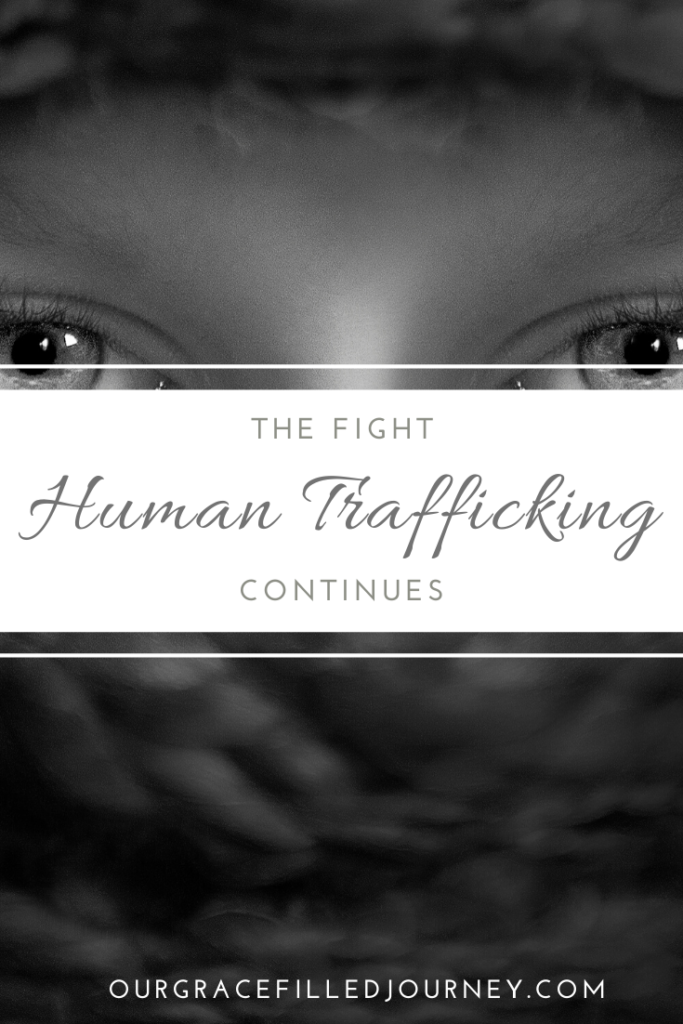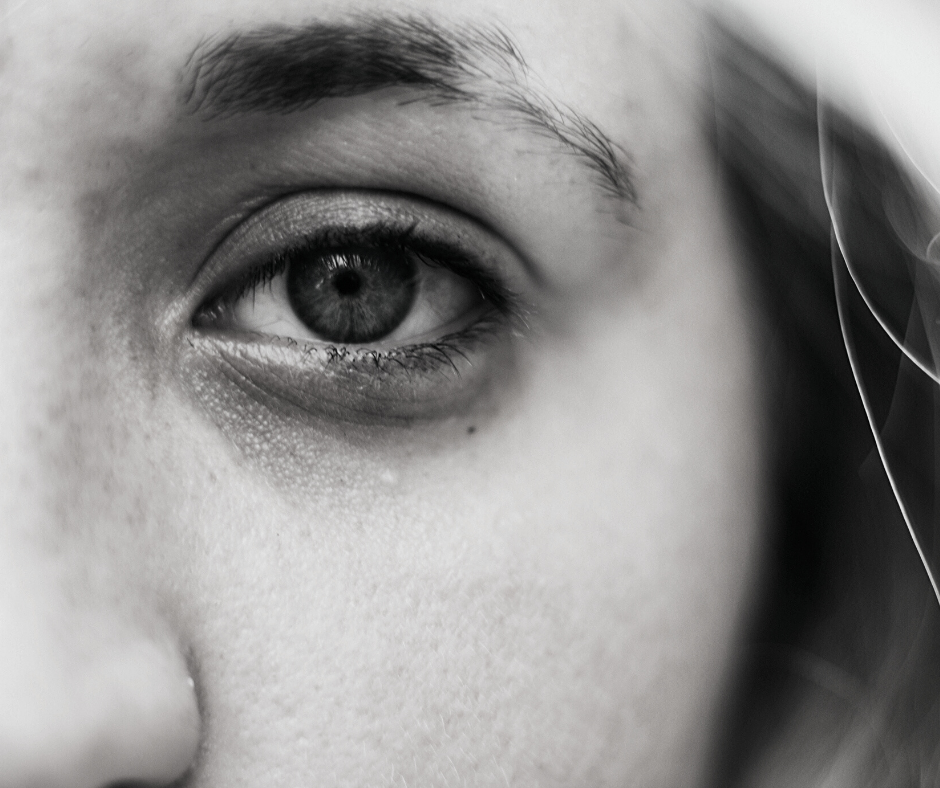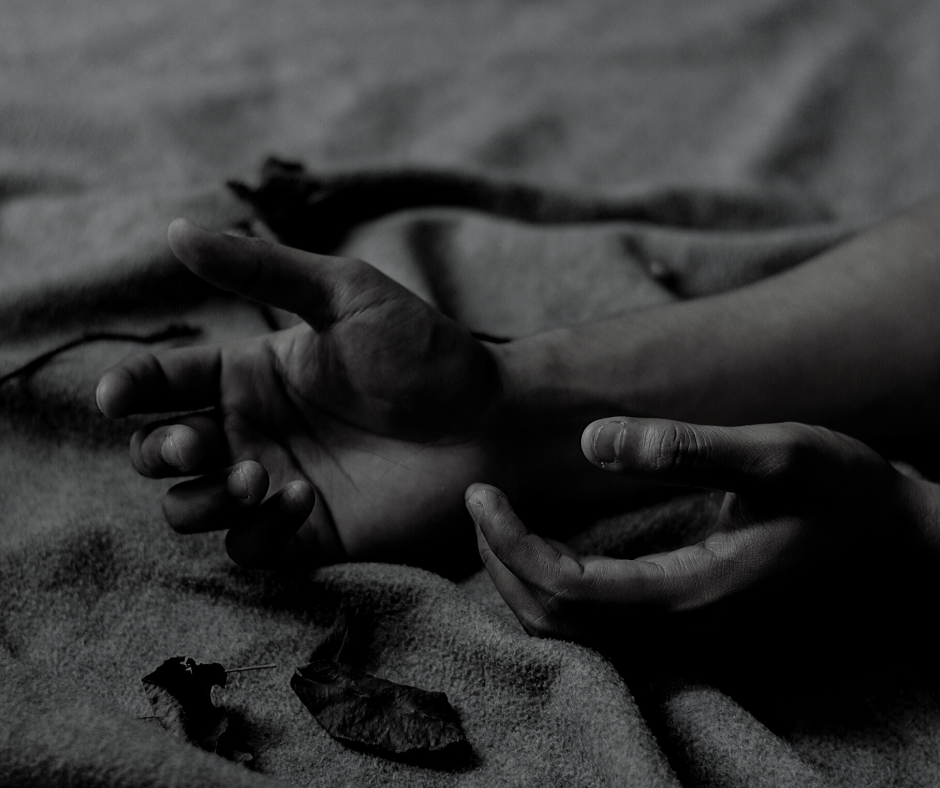January is Human Trafficking Awareness Month. Human trafficking is an estimated $150 billion per year global “industry”, with $99 billion of that from sexual exploitation alone. While strides have been made in the fight against exploiting and enslaving human beings, there is still so much to do and so many lives depending on those who refuse to walk away.
The victims in human trafficking did not choose this life. These men, women, and children were preyed upon physically and/or emotionally because they were deemed easy targets.

As the mother of a daughter, I am especially concerned over this disturbing issue. We try to take certain precautions; however, there is also a balance to maintain between keeping her safe and giving her freedom to be and grow into the woman God intended her to be. As difficult as it is to read the stories and statistics, knowledge is one of our best defenses in keeping her as safe as we possibly can.
The official definition of human trafficking is:
the recruitment, transportation, transfer, harboring or receipt of a person by the threat or use of force, fraud, deception, or coercion, or the giving or receiving of unlawful payments for the purpose of sexual exploitation or forced labor.
Anyone can become a victim of human trafficking; however, most are vulnerable men, women, and children who are easily targeted. These victims typically come from a place of poverty, homelessness, domestic abuse, and the foster system. In addition, the glamorization of the sex industry plays a key role in luring young women unknowingly into the sex trade.

Victims are brought into this dangerous underworld through violence, manipulation, or promises of a better life with well-paying jobs. When someone does not have close social or family relationships, they do not have a support system to notice if they are in trouble. They are especially in need of someone to fight for them.
Many of us consider human trafficking to be a problem in other countries, far away from the United States. However, while other countries may have larger numbers of people caught in this intricately woven web, we can not forget that it is very much alive and growing within our own borders. In fact, an estimated 199,000 incidents occur within the United States each year.
Not one state is missing from the national human trafficking reports.
According to worldpopulationreview.com, these ten states have the highest number of reported human trafficking cases:
- California
- Michigan
- Georgia
- Nevada
- Illinois
- North Carolina
- Pennsylvania
- Arizona
- Washington
- New Jersey
In the United States, traffickers prey upon children in the foster care system. Recent reports have consistently indicated that a large number of victims of child sex trafficking were at one time in the foster care system.
2019 Trafficking in Persons Report
Women and children, especially, need to be prepared to protect themselves from becoming a victim themselves. I have recently heard local reports of attempts to lure women into harmful situations in the most normal and natural of circumstances. We must constantly be diligent and watchful!
How to protect yourself from becoming a victim:
- Be aware of your surroundings
- Be able to defend yourself
- Don’t drink in excess and keep your drink with you at all times
- Never get into a car with someone you don’t know

Even though, we may live our entire lives without any direct connection to the effects of human trafficking, there are still ways that we can help continue this fight on behalf of those who become caught up in it. It doesn’t require much from us, except staying informed and keeping our eyes open.
4 ways you can help fight human trafficking:
- Learn the indicators
- Report suspicions
- Be informed about where the items you purchase come from
- Support anti-trafficking efforts
You can learn more ways to help with this fight at https://www.state.gov/15-ways-you-can-help-fight-human-trafficking/
There are now many avenues available for reporting any suspicious activity you may witness involving human trafficking. Never hesitate to call your local authorities or any of these hotlines, because it really is better to raise the question than to be silent. Someone’s life could truly be at stake.
National Hotlines:
- National Center for Missing & Exploited Children (NCMEC)
- 1-800-THE-LOST (1-800-843-5678)
- missingkids.org/home
- Cyper Tipline
- missingkids.org/cypertipline
- National Human Trafficking Resource Center
- 1-888-373-7888
- traffickingresourcecenter.org
- Children of the Night
- 1-800-551-1300
- childrenofthenight.org
The 2019 Department of State Trafficking in Persons report can be found here. Included in this report are stories of some trafficking victims. While these stories may be hard to read, there are also stories of hope within the devastation they have experienced.
Together we can make a difference in the world around us.
*I found my information at fortune.com, worldpopulationreview.com, state.gov, and trafficking.help/us/
Pin for later:

Leave a Reply
You must be logged in to post a comment.